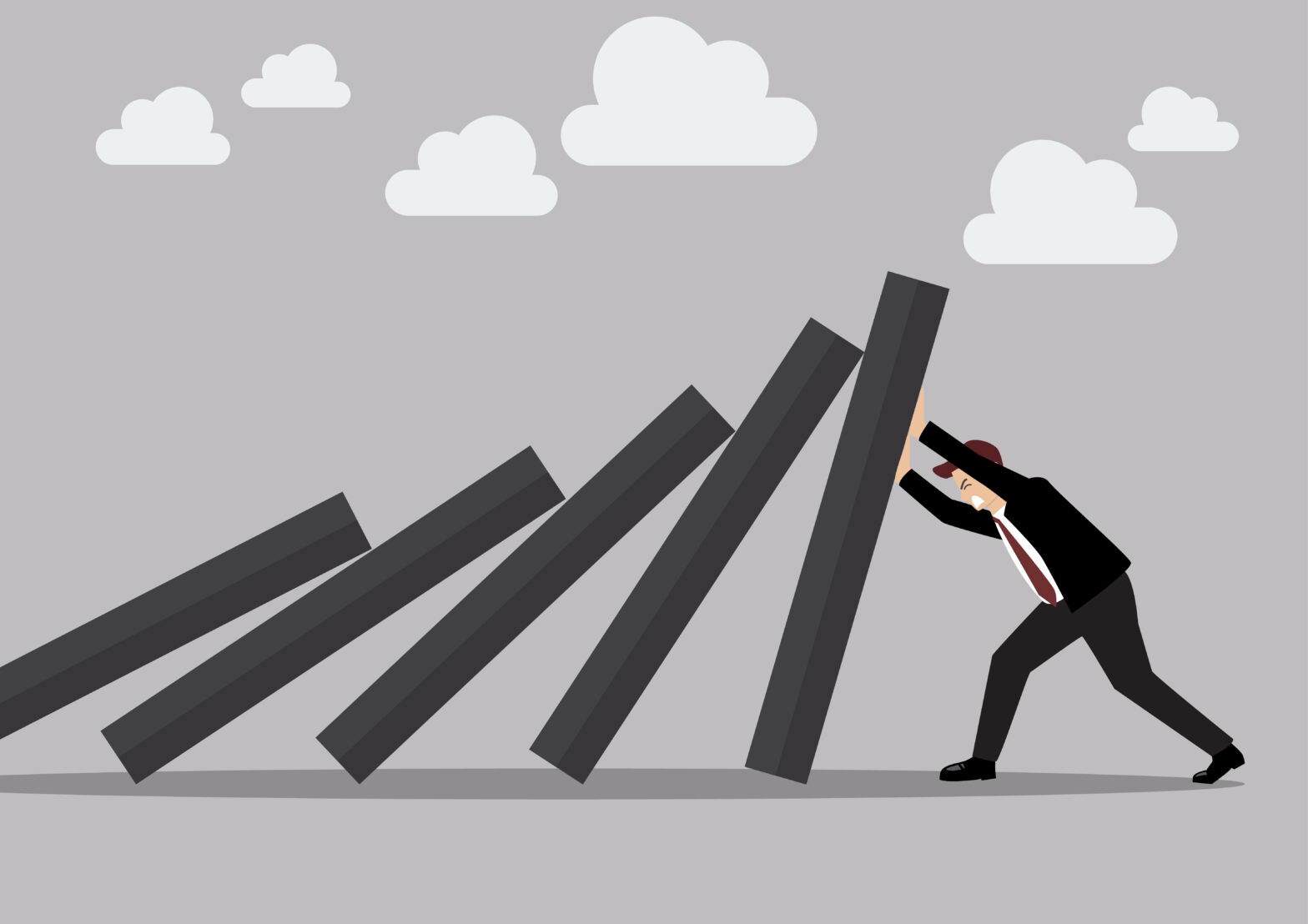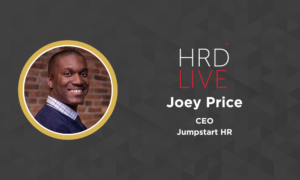Creating organizational resilience through balanced leadership
- 5 Min Read
In order to transition back to business as usual, organizations must aim to establish a solid, unwavering resilience. As is often the case, the best place to start is with constructive leadership. David Lewis, Programme Director for Executive Education, London Business School, explains how this can be achieved, and why it could be so critical.
- Author: David Lewis
- Date published: Jun 18, 2020
- Categories

In times of crisis, if our organizations are to survive, recover and thrive, we need people to be able to change, to think differently and to act differently. Contrary to popular belief, people do not change based on rational argument. They change based on their emotions. And yet, much of our management strategy is based on rational argument; this amounts to the “tell” approach.
When the going gets tough, we often resort even more to command and control, which, despite sometimes being necessary in the eye of the storm, ultimately has little lasting effect.
This is not conjecture; this is based on solid evidence. For instance, one of the most critical health crises a person can face is severe heart disease. However, repeated studies show how few patients change their attitude and lifestyle, even after undergoing life-changing surgery. Between 80 and 90% of patients return to their old behaviors following a short interval, despite their doctors’ warnings of the consequences.
But what of the 10-20% who do change and sustain that change? Dr Dean Ornish, founder of the Preventive Medicine Research Institute, conducted an experiment with a group of patients suffering from severe heart disease. Ornish reframed the context. Instead of trying to frighten patients by explaining the potential consequences of their actions, he sought to excite them about the possibilities of life, what they could achieve, and what they could do if they were healthy.
At the same time, he gave them support in terms of nutrition, meditation and stress management. The results were dramatic. After three years, more than 70% of the patients had not only changed their thinking and behavior, but had sustained the change and were healthy.
To change, people need to be in an emotional state of optimism and openness. Unfortunately, many of our instinctive management behaviors – directing and controlling, urging caution, and conformity – lead to defensiveness and a sense of powerlessness. This not only affects individual resilience, but also our organizational ability to respond successfully to shocks and setbacks.
Over the past few years I’ve been collecting data on the dominant behaviors in organizations, and the impact they have on people’s emotions and on the organization’s capability to deal with threats and opportunities. In other words, the organization’s ability to be resilient. The findings are clear: more than 80% of organizations are dominated by behaviors of directing, controlling and conforming. The emotions reported most frequently are a sense of powerlessness, constraint and fear. These are not emotions that lead to openness to change, but to a state of helplessness and defensiveness.
The good news is, in organizations not dominated by these conventional management behaviors, there is a very different emotional context: feelings of empowerment, optimism and engagement. The behaviors were very different too: curiosity, appreciation, experimentation, resourcefulness, flexibility and encouragement.
The way we behave not only impacts individual resilience, but also an organization’s strategic resilience, and its ability to adapt and pivot in the face of disruption. The conventional approach to strategizing (extrapolating from past performance and adding a plus or minus 5% variance) falls flat on its face when confronted with the kind of disruption we face today. If we are to get beyond survival and build recovery and future prosperity, we need people to be creative and challenge convention, turning assumptions on their head and experimenting.
Karl Popper, the Austrian-British philosopher who taught at the London School of Economics, rejected the idea of ‘inductive proof’. In other words, the process of reasoning whereby general laws are inferred from particular facts, which is of course the conventional means of developing strategy. He favored what he termed ‘critical rationalism’; learning through trial and error. “All life is problem-solving,” he said.
We grow and recover from setbacks through identifying problems, and creating and testing hypotheses. In this way, we learn what works and what does not, the new problems we need to address and the further experiments we need to construct and execute.
In a study I conducted four years ago, I asked the question to senior executives: where do you spend most of your time, energy and resources when initiating change? The answer came back loud and clear: getting the structures right, getting the processes right and getting the decision authorities right. I then asked them: in your experience what are the biggest barriers to organizational change? The answer was very different: the way we behave and interact.
It is not structure and process that enable us to survive, recover and thrive in the face of disruption. It is the quality of our interaction, the way we behave and our ability to experiment and learn.
One of the most valuable things HR leaders can do to help people and organizations to become more resilient, is to help managers and leaders to balance head and heart. We need both the energy and commitment that flows from positive emotions. and the insightful analysis that comes from experimentation. To do this, HR business leaders need to work together, and to develop as habits the behaviors that count: curiosity, appreciation, experimentation, resourcefulness, flexibility and encouragement.
David Lewis is Programme Director for Executive Education at London Business School and co-author of What Philosophy Can Teach You About Being a Better Leader









